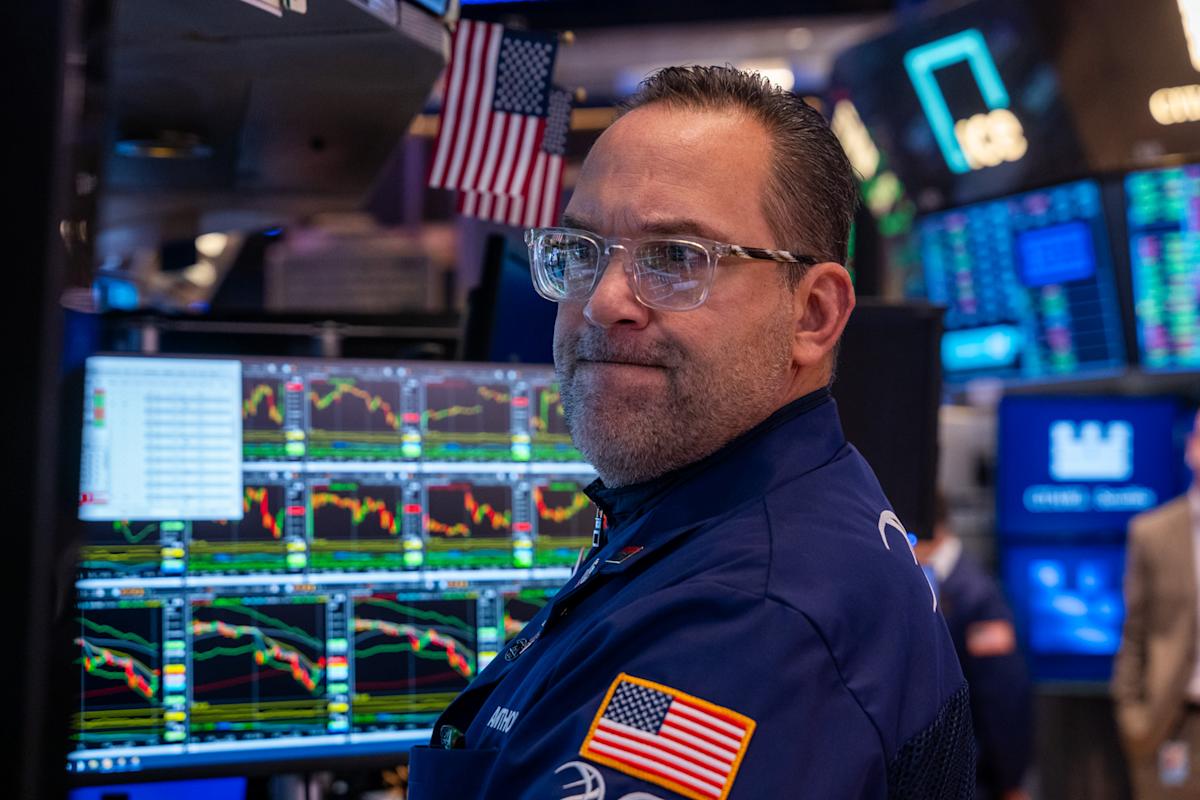TOKYO, March 31 (Reuters) – Japan’s Nikkei share average
tumbled on Monday to its lowest point in more than six months,
following sharp losses on Wall Street in the previous session,
as investors assessed the risk of imminent U.S. trade tariffs.
As of 0130 GMT, the Nikkei was down 3.5% at
35,810.28. Earlier in the session, the index dropped to
35,574.61, its lowest level since September 11.
The broader Topix fell 3% to 2,671.83.
“Investors’ sentiment was weakened as there is so much
uncertainty ahead of the announcement of reciprocal tariffs,”
said Hiroyuki Ueno, chief strategist at Sumitomo Mitsui Trust
Asset Management.
“They were in a risk-off mode and offloaded what they had
bought. But this week is the toughest, and they will start
buying them back once the outlook becomes clear.”
U.S. President Donald Trump has promised to unveil a massive
tariff plan on Wednesday, which he has dubbed “Liberation Day.”
He has already imposed tariffs on aluminum, steel and autos,
along with increased tariffs on all goods from China.
Trump said on Sunday reciprocal tariffs that he is set to
announce will include all nations, not just a smaller group of
10 to 15 countries with the biggest trade imbalances.
Wall Street stocks ended sharply lower on Friday, with
sell-offs in tech giants such as Amazon and Microsoft, after
U.S. data fuelled fears of weak economic growth and high
inflation as the Trump administration ratchets up tariffs.
In Japan, Uniqlo-brand owner Fast Retailing
lost 3.6% while chip-related Tokyo Electron and
Advantest slipped 5.7% and 6.2%, respectively.
Shares of Mitsubishi UFJ Financial Group and
Sumitomo Mitsui Financial Group lost 3.9% and 3.3%,
respectively.
Automakers fell, with Toyota Motor and Honda Motor
losing 2.7% and 3%, respectively.
All of the Tokyo Stock Exchange’s 33 industry sub-indexes
fell, with the insurance sector lost 4.6%.
The Nikkei volatility index jumped 5 points to 27.4
to its highest level since March 11.
All but one of 225 components of the Nikkei index fell, with
chipmaker Renesas Electronics tanking 8.7%.
(Reporting by Junko Fujita; Editing by Sherry Jacob-Phillips)


